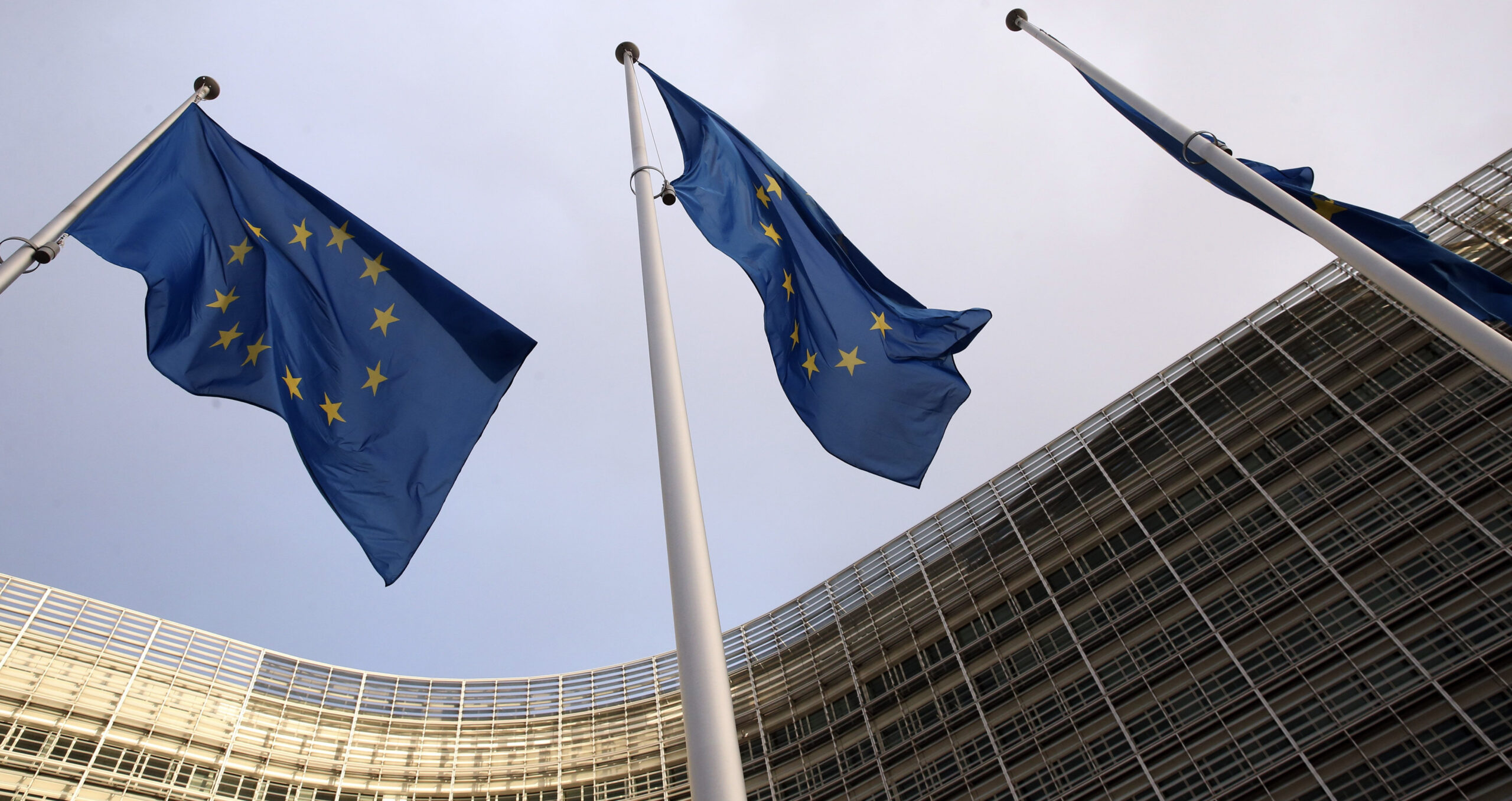

The European Commission is consulting over whether to replace the regime created by its SFDR framework with ‘more precise’ categories
The European Commission is reviewing its Sustainable Finance Disclosure Regulation through a new consultation, and is considering creating new categories for financial products amid concerns over greenwashing.
The SFDR sets disclosure requirements for EU market participants, with the aim of helping investors better understand the sustainability focus of financial products.
Under the framework, products that promote environmental and social factors can carry Article 8 status, while Article 9 products invest specifically in sustainable assets.
Article 6 funds, meanwhile, do not integrate sustainability into their investment approaches, as these funds merely have to set out how they integrate sustainability risk into their investment decisions.
In a consultation published on September 14, the commission mooted setting up a “categorisation system” for products. It has requested views on developing “a more precise EU-level product categorisation system based on precise criteria”.
“We probably need to refine Article 8 and 9 definitions to make them more relevant to market practice while keeping a high ambition,” asset manager Mirova’s head of sustainability research Mathilde Dufour told Sustainable Views.
Clearer criteria
The commission asked for views on either converting Articles 8 and 9 into “formal product categories” with clearer criteria, or splitting categories in a manner that is different to the current concepts applied within these labels. These could, for example, focus on certain promises made within products’ investment strategies.
“This idea of a categorisation system is an acknowledgement of, fundamentally, some of the failures or weaknesses of SFDR,” said Lorraine Johnston, a partner at law firm Ashurst. She said she believes that while the current regime has provided some transparency, it has not led to its intended redirection of capital.
Numerous funds across Europe have reclassified their article status since the introduction of the SFDR. During the second quarter of 2023, around 180 funds upgraded from Article 6 to Article 8 status, while six downgraded from Article 9 to Article 8 status, according to Morningstar.
The European Commission fears that the SFDR, which has become a de facto labelling regime, might facilitate greenwashing, “partly because the existing concepts and definitions in the regulation were not conceived for that purpose”. It added that the increase of national labels may fragment the European market.
The commission assumed that any categorisation system would be voluntary, arguing that market participants would probably have an interest in providing products with sustainability claims.
Mirova’s Dufour said that the current definition of Article 8 status is too broad, with the label applying both to products with limited exclusions and others with more than 90 per cent exposure to sustainable investments. Meanwhile, Article 9 status is too narrow, in her view.
Setting minimum standards, such as a minimum level of exclusions, “would help further clarify and differentiate products within Article 8”, Dufour continued, adding that lowering the 100 per cent sustainable investment threshold for Article 9 products and “reflecting on the investors’ engagement practices would be interesting routes to explore”.
More sustainability information
The consultation also asked for views on demanding more sustainability information from products that do not make sustainability claims — otherwise known as Article 6 products.
Respondents have been asked “about the usefulness of uniform disclosure requirements for products across the board, regardless of related sustainability claims, departing from the general philosophy of the SFDR as regards product disclosures”.
“Providing proportionate information on the sustainability profile of a product which does not make sustainability claims could make it easier for some investors to understand products’ sustainability performance, as they would get information also about products that are not designed to achieve any sustainability-related outcome,” it continued.
Johnston said that requesting this information from Article 6 funds “doesn’t quite make sense, to be honest”.
“If I were to think about a regime that would be better, you would look at what the UK is proposing,” she said, noting that the Financial Conduct Authority’s planned Sustainability Disclosure Requirements has proposed allowing companies to decide whether to add labels to their products, instead of mandating them.
GIB Asset Management head of fixed income Samantha Lamb recognised that “the intentions of the EU’s sustainable finance strategy are important”, but she called on the commission to explore ways to limit the costs of making disclosures.
“The burden of these additional disclosures currently falls far more heavily on products that make sustainability claims,” she said, adding that “no comparable disclosure is required for products not making these statements”. Additional costs range from legal fees, extra employees and data.
“Whilst the EU’s sustainable finance strategy is designed to attract private investment to support the transition, it has created an uneven playing field with sustainable funds bearing higher costs, which could counteract their original intentions,” Lamb continued.
“Any progress to levelling the playing field for disclosures would be welcome. Additional costs ultimately reduce the investment returns for the end investor, so finding ways to limit the costs of disclosures would be a better solution for all,” she added.
This article has been updated to include comments from Mirova’s head of sustainability research, Mathilde Dufour and to specify that, although intended as disclosure rules, the SFDR is being used in practice as a labelling regime.
Similar Articles

Sustainability practitioners struggling with ‘scale and scope’ of CSRD

Esma guidelines on sustainability rules for European funds deemed ‘vague’


